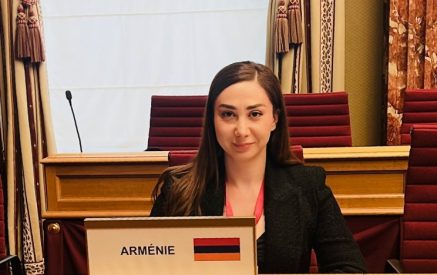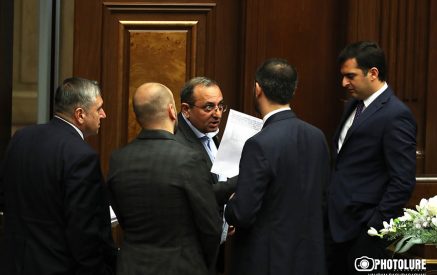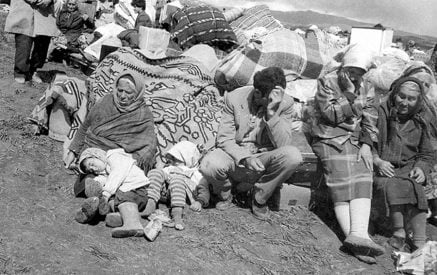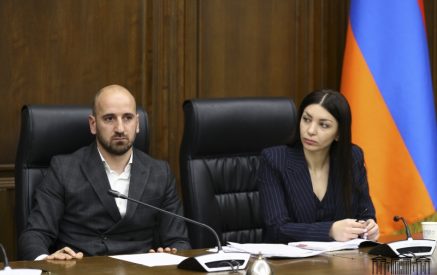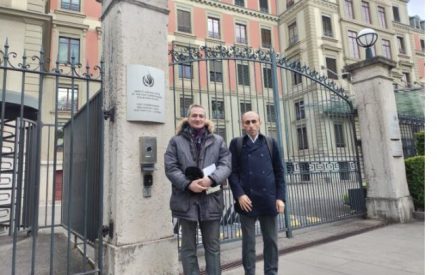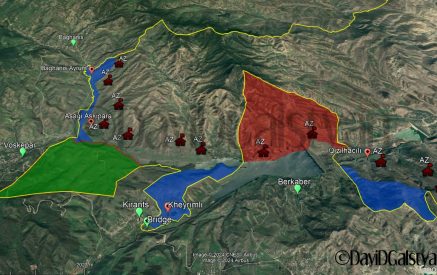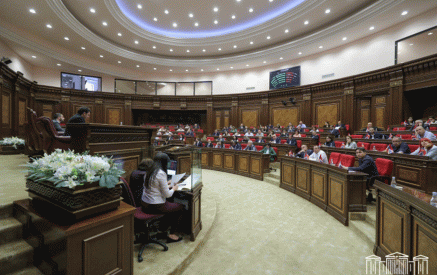In his work, German lawyer and political scientist Carl Schmidt tried to prove that parliamentarism and democracy are completely different things. Parliamentarism is an element of the liberal concept. It assumes that educated, developed people with a certain level of well-being gather and discuss in a free and substantive debate while making decisions on issues that are important for the state. Democracy is the power of the people. According to Schmidt, the people, by the will of their majority, can decide on any form of government and political regime, including the abolition of parliamentarism, and make a legal decision to establish a dictatorship. Of course, it is a rather controversial assertion, which opens the way for any arbitrariness of the government.
However, it should be considered that Schmidt wrote these works during the years of the so-called “Weimar Republic” in Germany (1918-1933), when there were manifestations of both parliamentarism and democracy, which, however, did not bring happiness to the Germans. By the way, the semi-presidential system, which some in Armenia wish to return to, is mainly taken from the experience of that republic, which, in the opinion of many experts in state law, is not the best experience. In that system, if the president does not have a majority in parliament, it leads to chaos, and if they have that majority, the president gets powers that any king would envy.
The fact that there is a parliament in Armenia, and even the fact that this parliament has been elected more or less as a result of free elections, does not mean that we live in a democracy. It is especially ridiculous when the deputies claim that we live in a democracy when three of their colleagues are in prison. On the other hand, in Germany, the democratically elected parliament in 1933-39 passed a number of laws banning Jews from holding public office, as well as from working in a number of fields (for example, being a teacher or newspaper editor). Was it a manifestation of democracy? According to Carl Schmidt, yes, because the voters gave such a mandate to the Reichstag. In my opinion, no, because democracy also presupposes certain moral norms that cannot be relative depending on the mood of the majority.
These complex problems seem abstract only at first glance. Without the consent of the National Assembly, the Armenian government violates written laws by persecuting elected deputies. And if the law (by the way, the law passed by the legitimate parliament) says that all Pashinyan’s opponents can be persecuted, will it be a democracy?
Read also
Aram Abrahamyan





